Well, shoot, if I knew what the word even meant I could tell you how sentient I am! I don’t even know how to pronounce it correctly: sen-tee-ent or sen-schent.
That’s what I once declared and I still don’t know how to correctly pronounce the word. So I went researching…
Sentient means: having the power of perception by the senses; conscious.
But what does that really mean?
Sentient: 1. Having sensation or feeling, as opposed to being numb or dead. 2. Conscious, awake, even acutely conscious and aware, finely attuned to sensations.
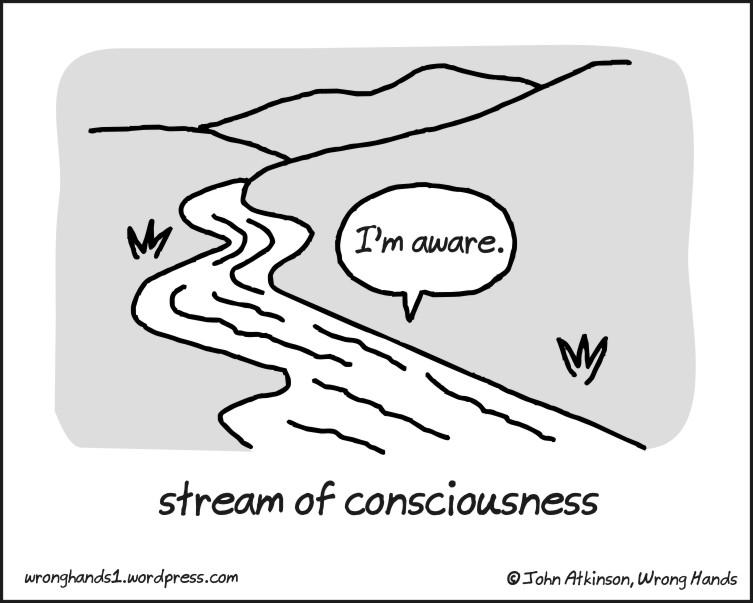
Sentient. adj. 1630s, “capable of feeling,” from Latin sentientem (nominative sentiens) “feeling,” present participle of sentire “to feel” (see sense (n.)). Meaning “conscious” (of something) is from 1815.
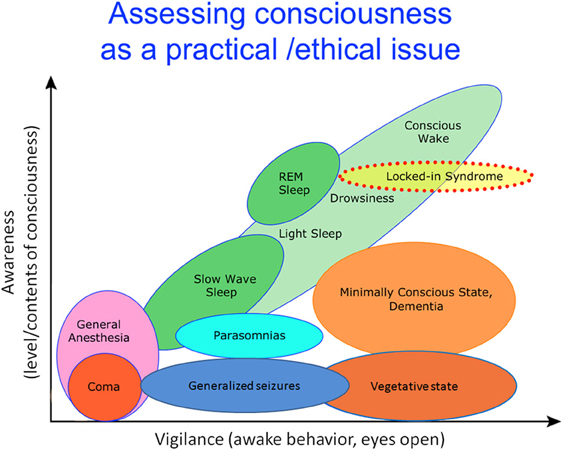
So it seems that since the 1600’s we’ve used the word sentient to describe the ability to feel. But feel what?
Humans have a multitude of senses. Sight (ophthalmoception), hearing (audioception), taste (gustaoception), smell (olfacoception or olfacception), and touch (tactioception) are the five traditionally recognized senses. The ability to detect other stimuli beyond those governed by these most broadly recognized senses also exists, and these sensory modalities include temperature (thermoception), kinesthetic sense (proprioception), pain (nociception), balance (equilibrioception), vibration (mechanoreception), and various internal stimuli (e.g. the different chemoreceptors for detecting salt and carbon dioxide concentrations in the blood). (source)
But don’t we feel more sensations than that which or eyes, nose, mouth, ears, and skin can sense? Don’t we feel joy? Don’t we feel nervous?
Consciousness is the state or quality of awareness, or, of being aware of an external object or something within oneself. It has been defined as: sentience, awareness, subjectivity, the ability to experience or to feel, wakefulness, having a sense of selfhood, and the executive control system of the mind. (source)
So sentience is a minimalistic way of defining consciousness, which is otherwise commonly used to collectively describe sentience plus other characteristics of the mind. (source)
It seems that if we can perceive our external and internal world then we have consciousness or sentience. We can feel externally like when we touch a soft blanket or we can feel internally when chemical reactions to anxiety make it hard for us to breathe.
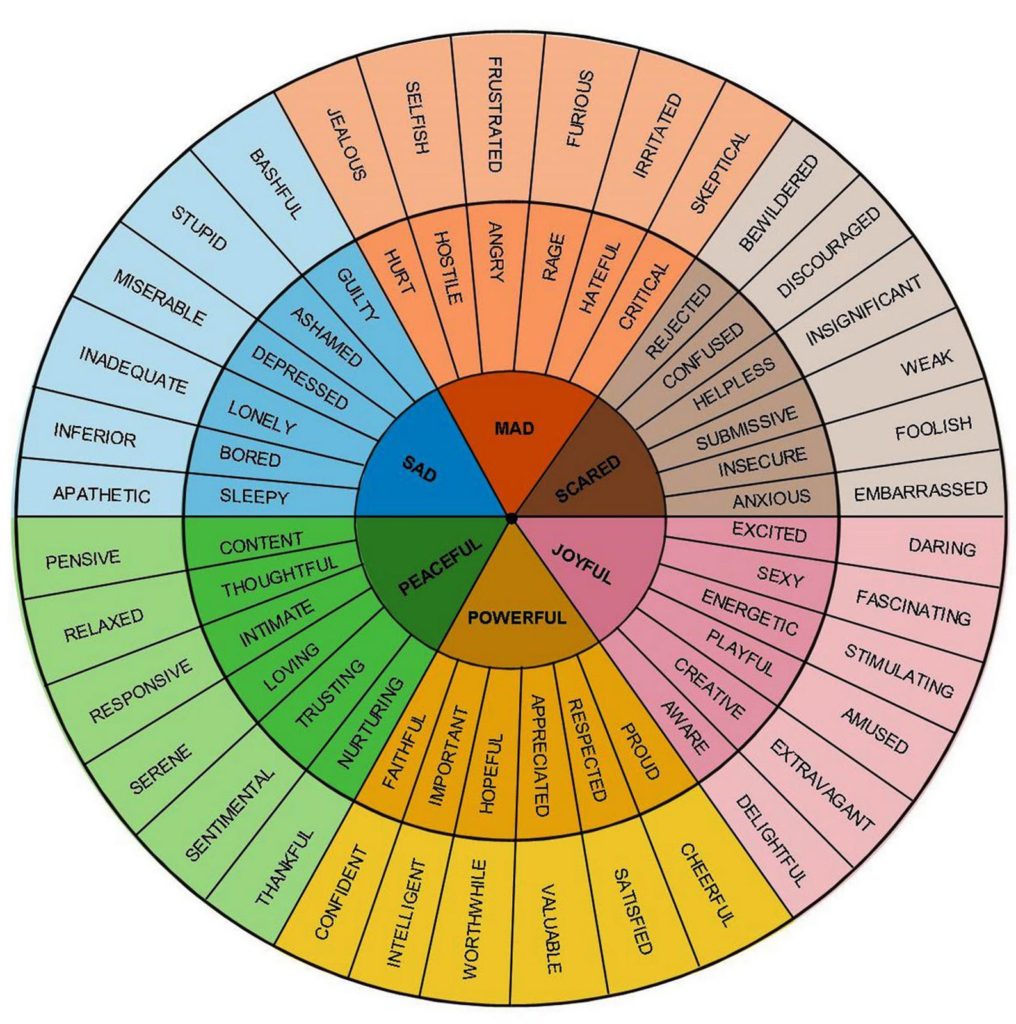
Is this sentience unique to humans or mammals?
Other animals also have receptors to sense the world around them, with degrees of capability varying greatly between species. Humans have a comparatively weak sense of smell and a stronger sense of sight relative to many other mammals while some animals may lack one or more of the traditional five senses. Some animals may also intake and interpret sensory stimuli in very different ways. Some species of animals are able to sense the world in a way that humans cannot, with some species able to sense electrical and magnetic fields, and detect water pressure and currents. (source)
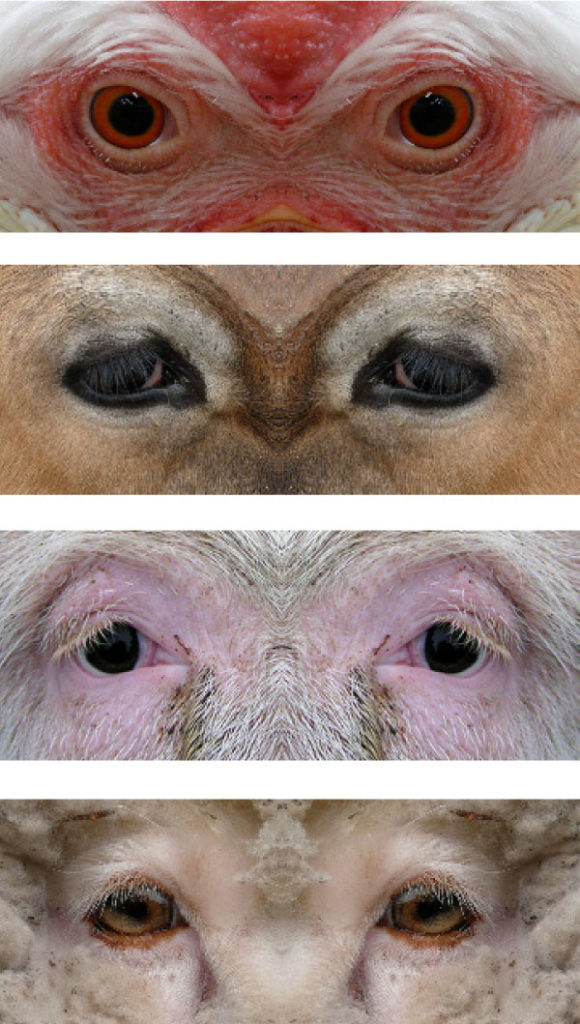
Psychology Today shared this: “The Cambridge Declaration on Consciousness was publicly proclaimed on July 7, 2012 at the University in which a group of scientists wrote, “Convergent evidence indicates that non-human animals have the neuroanatomical, neurochemical, and neurophysiological substrates of conscious states along with the capacity to exhibit intentional behaviors. Consequently, the weight of evidence indicates that humans are not unique in possessing the neurological substrates that generate consciousness. Non-human animals, including all mammals and birds, and many other creatures, including octopuses, also possess these neurological substrates.” They could also have included fish, for whom the evidence supporting sentience and consciousness is also compelling. And, I’m sure as time goes on we will add many other animals to the consciousness club.”
So when you sense flavor, hear birds chirping, see dark clouds, feel cold air, smell smoke, feel afraid, experience elation, or have feelings of love know that you are experiencing your sentience or consciousness and other animals have these sensations too. They, like us, seek safety & protect their families, feel joy, experience fear, have the capacity to feel pain, grief, sadness, and curiosity.
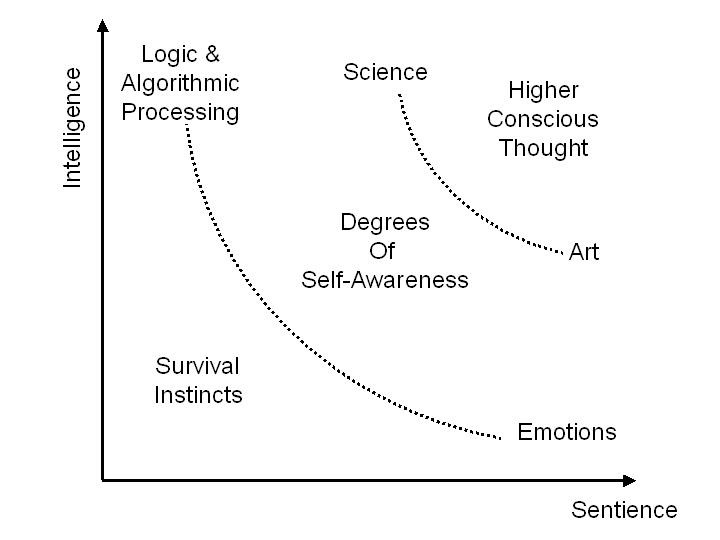
Reptiles operate from their reptilian brain. Mammals operate from reptilian (instinct) and mammalian (memory and emotions) brains. Humans operate from a reptilian brain, mammalian brain, and a neo cortex which allows us to plan, project, and imagine into the future. (source)
Humans can smell smoke and imagine its source. Nonhuman animals can’t imagine but they can sense the smell of smoke and move away from it out of fear. If an animal had a negative experience with smoke in the past, it can remember and react according to memory.
When we breed, raise, abuse, and slaughter animals for our use (food, clothing, entertainment, transportation, and experimentation) they are feeling the entire time though they can not extrapolate the human intent of their experience. Animals raised for food are sentient, in many ways like you and me, and we create suffering for them. They are not unconscious objects like chairs and tables. Cows, pigs, chickens, sheep, and lambs are sentient like horses, dogs, dolphins, elephants, lions, gorillas, and cats.
So when making decisions that involve animals (domestic, farmed, wild) there is only one question to ask…

By the way, the correct pronunciation of sentient is sen-tee-ent OR sen-shcent and the correct pronunciation of sentience is sen-tee-ence like the word sentence but with an “i” wedged in there. Incorporate this word into your life and share with others what it means for you and all the nonhuman animals with whom we share Earth.


{ 1 comment… read it below or add one }
Thank you for another excellent article that explains again how animals are not just food to be eaten. It underscores the complexity of our own sentience and begs the question why more people do not embrace eating plans instead of eating animals. One answer that they consider it natural to eat animals. Another answer is that we are more unconscious, less sentient than we know.